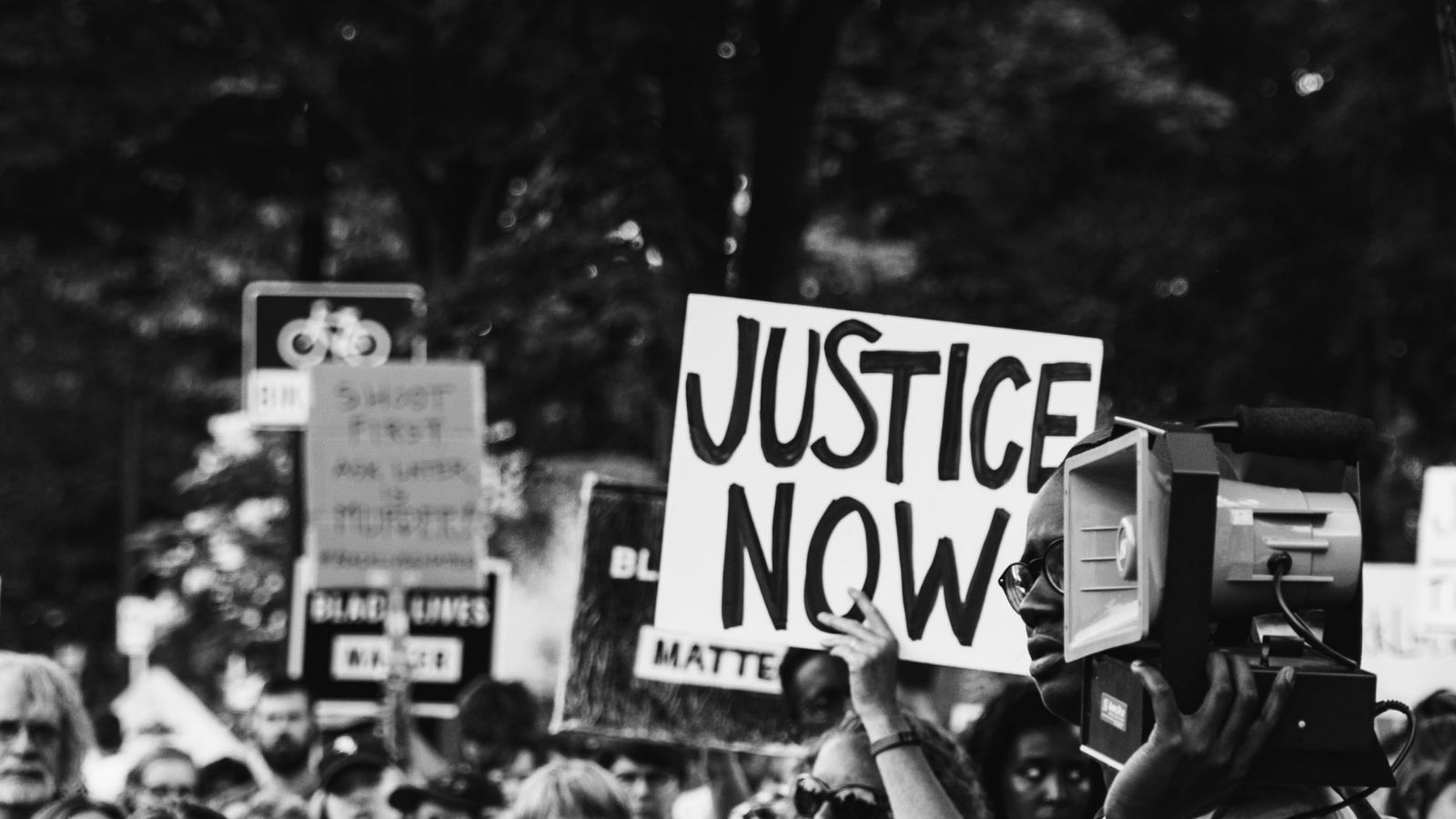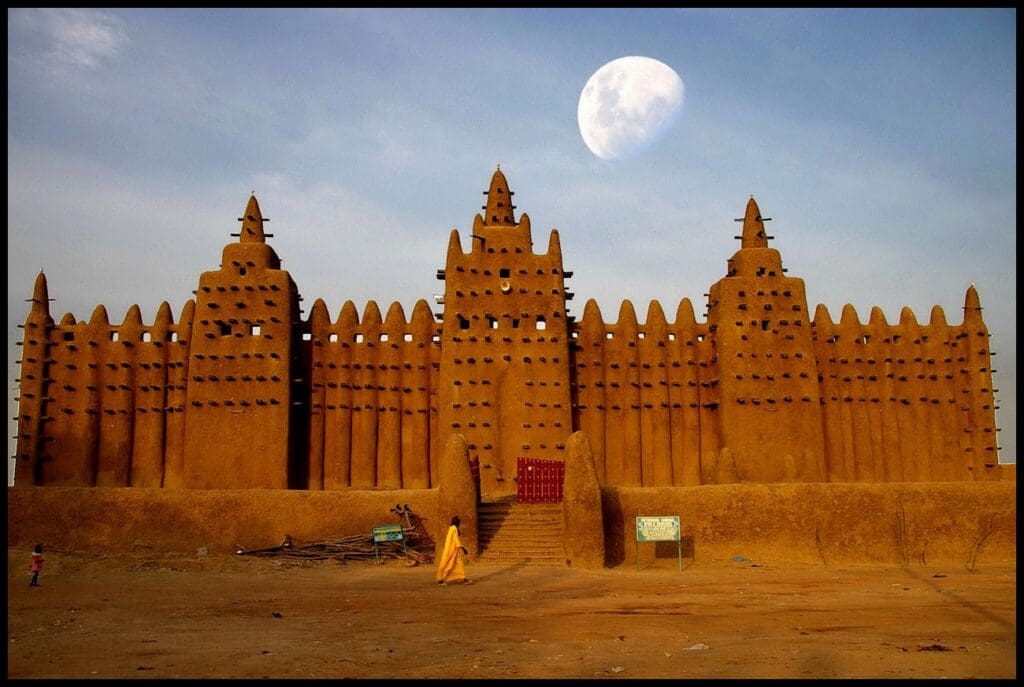
In today’s global landscape, the ongoing Black struggle for justice, both in America and across the world, resonates profoundly with the principles of Islam. Rooted in the essence of Islamic teachings, the pursuit of justice aligns seamlessly with the core purpose of Islam, as highlighted in the Quran (5:8), stating, “Justice is closest to Piety.” This intrinsic connection underscores the need for Muslims to acknowledge and appreciate the historical ties between Islam, Africa, and the relentless fight for justice, the endeavor for human equality and equity in the economic gains among haves and have-nots, both within countries and between nations.
During the early days of Islam, when persecution faced Muslims in Mecca, Prophet Muhammad directed some followers to seek refuge in Africa in a place known as Abyssinia, modern-day Ethiopia. The Prophet’s acknowledgment of the Christian king of Abyssinia as a just ruler exemplified the Islamic principle of recognizing justice regardless of religious differences. This historical incident underscores Africa’s pivotal role in providing shelter to those in pursuit of justice and protection.

Over time, Africa evolved into a crucial center for Islamic intellectual achievements, boasting renowned institutions like Timbuktu and Mali. These centers played a vital role in preserving and advancing knowledge, contributing significantly to the broader development of Islamic civilization. Today, Muslims owe a profound debt of gratitude to Africa for its historical contributions to Islam and the world.
In the present era, South Africa stands out as a beacon of justice on the international stage. Spearheading initiatives in the International Court of Justice to uphold international law and prevent genocide in Palestine, South Africa’s commitment to justice mirrors the enduring legacy of Nelson Mandela. His quote resonates to this day:
“We know too well that our freedom is incomplete without the freedom of the Palestinians.”
The historical legacy of the transatlantic slave trade, marked by economic exploitation and white supremacy, draws striking parallels with the contemporary struggles faced by the Palestinian people. Black Americans have faced oppression for centuries. The criminalization and stereotyping of Black Americans, coupled with inadequate resources for community development and education, echo the ongoing battle for justice.
The spread of white supremacy in the United States cultivated far-right ideologies in which human life could be disregarded based upon skin color and ethnic background. The legacies of maltreatment in this way persist across the world in areas that have been touched by colonial repression. This common thread of suffering and oppression stains constitutional ideals, necessitating a collective effort to address the persistent racism afflicting society. The global Muslim community is called upon to heed Africa’s plea to defend human dignity, fostering unity and collaboration in the pursuit of justice.
Muslims are urged to acknowledge and confront racism within their own communities, and evaluate their own internalized prejudices. Colonial teachings that reinforce ethnic divisions, including the promotion of colorism – favoring those with lighter skin – perpetuate harmful biases and underscore the need to return to the teachings of the Quran for guidance and empowerment against divisive beliefs. Recognizing Satan as the first racist, claiming superiority based on origin (fire over clay), reinforces the Islamic imperative to eradicate racism and injustice from mosques and beyond.
As we celebrate Black History Month, Muslims are encouraged to view it as a launchpad for an Islamic quest for justice. The global Black struggle for justice is inherently linked to Islamic principles, compelling Muslims to actively engage in dismantling racism within their communities and society at large. By recognizing Africa’s role in cultivating Islam and justice, Muslims can foster unity and equity, embodying the true essence of Islam in the pursuit of a just society for all.
Invest in MPAC’s work to improve public policies and perceptions. We’re changing how America views Islam and Muslims.